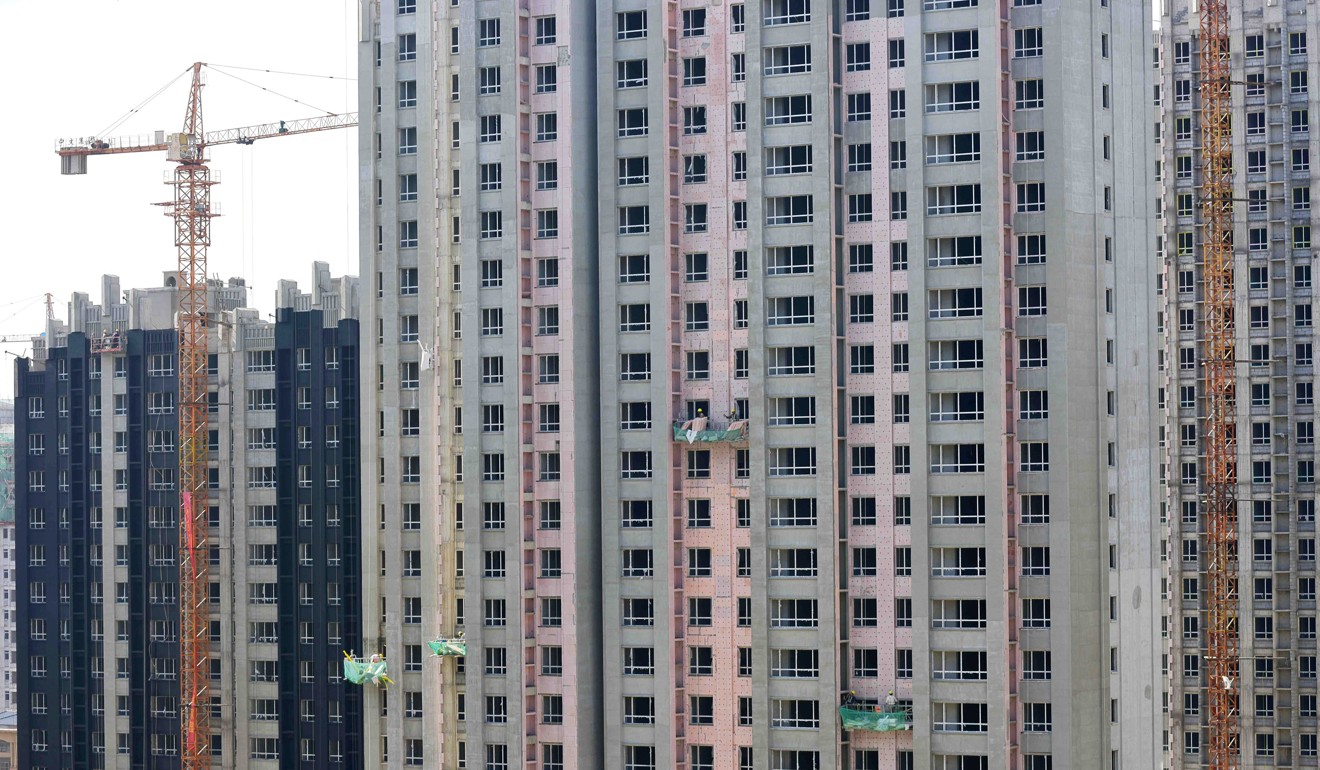
Beijing appears to be getting closer to consensus on how and when to unveil a nationwide property tax
Discussions on whether Beijing should implement a nationwide property tax were back in focus on Monday, casting a shadow on the outlook for the property sector.
The first draft of the property tax law will “definitely” be ready for national legislative review within this year, according to a report by Beijing-based The Economic Observer, citing sources in the tax system. This coincided with a comment by a National Bureau of Statistics official in July that indicated the department would “accelerate the property tax programme”.
The Chinese government has long toyed with the idea of taxing owners of residential flats, which represent the largest shares of household wealth. The tax is seen as helping tame house prices, while at the same time creating another source of government revenue. Under Chinese President Xi Jinping, the tax has been framed part of a “long-term mechanism” to stem speculation and stabilise prices.
“It is necessary for the state to release the details of the tax as a way to manage expectation. If the draft is modest, as most people expect, it could be a relief for the market,” said Danielle Wang, a property analyst with DBS Vickers.
“In the medium run the tax is necessary because as Beijing shifts its priority to prop up growth, there is worry that it could turn out to be another stimulus that boost property. Having a property tax in place could give policymakers a freer hand,” she said.
In China the debate has shifted from whether to impose the tax to when and how it should to levied, according to several analysts. But they diverge on the scope and intensity of the tax, with some arguing for exemptions based on floor area.

According to SWS Research, the exemption area should be smaller than 60 square metres, a benchmark used in a Shanghai pilot programme. If it is set at 40 sq m per capita, and the tax rate is 1 per cent, a three-member family with a 195 sq m home in a third-tier city would have to pay tax equivalent to 8 per cent of its annual household income. However, for a family in Shanghai, where home values are much higher, the ratio could be as high as 20 per cent.
“Thus we believe different cities would adopt different policies, but overall families in big cities would face a heavier burden, and thus offload some properties,” the report noted.
However, Chen Lei, an analyst with zhuge.com, a Beijing-based property information firm, said the tax would likely be modest and undergo pilot trails in a few selected areas before being expanded nationwide.
“The current policy is to prevent home prices either rising much or falling much. The incoming tax won’t go against that principle,” he said, adding he did not see any sell-off in Beijing.
Chen said the tax wouldn’t be levied at local level until 2020 to 2021 at the earliest.
He added that draft law would need to go through a second and third review before passage, and city governments would then need to formulate specific taxation measures according to the national law.
“The initial taxation scope and rate could be modest. What’s important is the law set up a structure that enables gradual upgrade,” Wang said.

